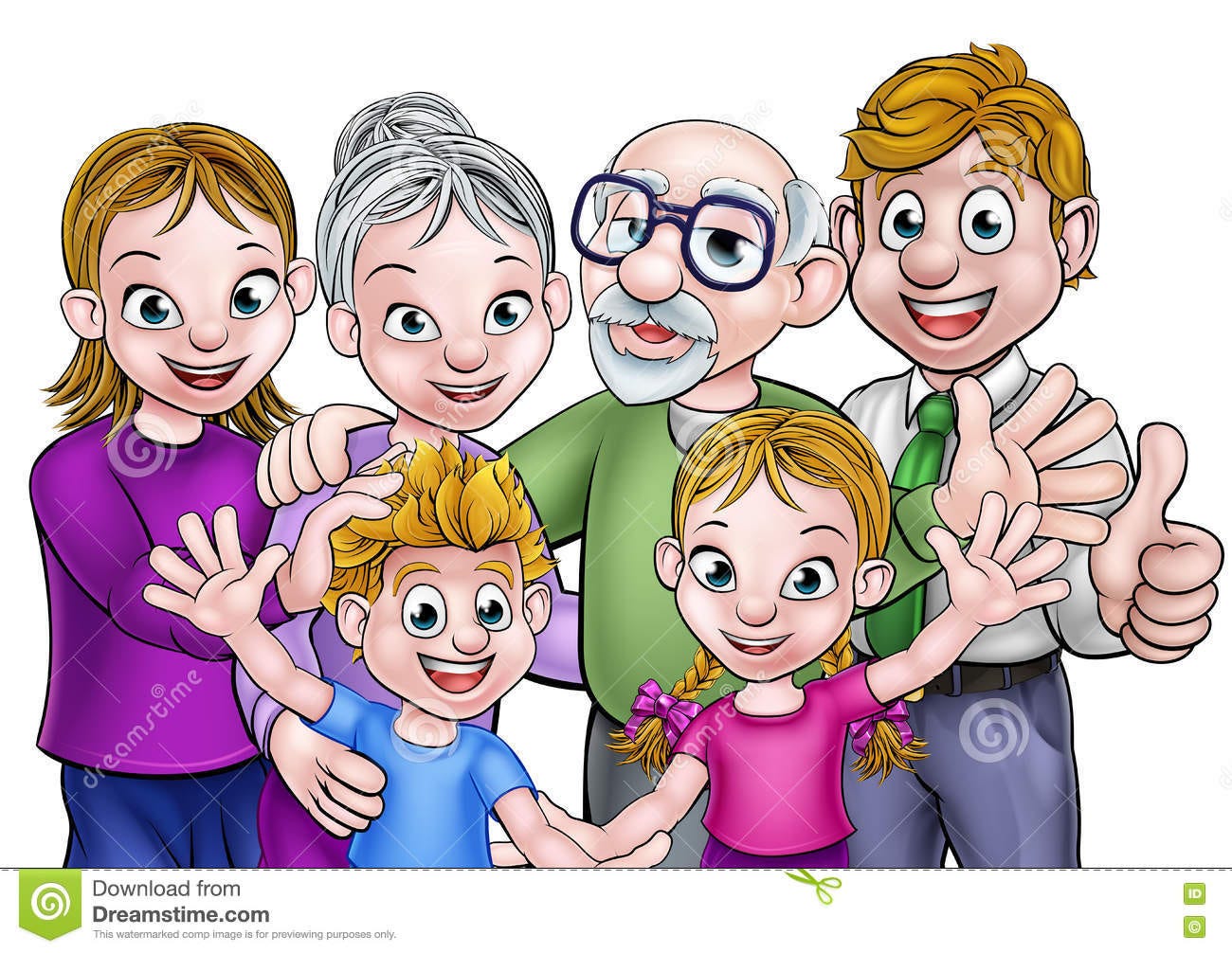Living With Your Parents
A Difficult Decision
Oh, oh!! My 83rd birthday just came and went.
A challenging decision for people who wish to age well is whether or not to live with their adult children. They make this choice for various reasons such as saving money, seeking medical support, easing loneliness, or getting help with activities of daily living (ADL).
Much has been written about the so-called “boomerang effect,” where young adults move back home to live with Mom and Dad. This trend has declined over the past 25 years; however during that time, the percentage of older parents moving in with their adult children has doubled.
In fact, Generations United, a Washington D.C, based non-profit organization, noted in their 2021 report that the number of Americans living in a multi-generational household nearly quadrupled over the past decade, with a dramatic increase of 271% from 2011 to 2021.
According to Harvard University’s Joint Center for Housing Studies, 5.3 million adults aged 65+ (11%) lived in another person's household in 2016. 3.4 million of them lived with their adult children. This number increased dramatically the past two years because of the pandemic.
Many families jump into living together without planning first - the idea sounds good. Often though, children are forced to tell their parents they need to look for other options, or the children feel stuck and unhappy in their own home. Research and candid conversations regarding such arrangements are important.
According to Aging Care
Each elder and family dynamic is different, so it’s challenging to predict what setting a loved one would prefer and whether everyone could live together successfully. Some seniors adamantly refuse to leave their own homes and demand that adult children come to them to provide care; other seniors are open to in-home care to help them maintain their independence. Still, others are eager to move to an independent living or assisted living community where they can enjoy their retirement with limited responsibilities surrounded by age mates.
But what if: One partner wants a parent to move in and the other doesn’t? There is no other choice? Having parents move in with you is ruining your marriage, harming your children, and affecting your health? Your parents don’t want to live with you? These are tough questions with no easy answers, but they should be addressed when making the decision.
If you look online, you will find numerous articles filled with advice. These are a few I found helpful.
15 Ways to Stay Sane While Caring for an Elderly Parent. John Shore, author of Ashes to Asheville, says, “One of the most emotionally complex and difficult things a person can experience is taking care of an elderly parent.”
10 Factors to Consider Before Moving Your Elderly Parents In. Take the time to consider the following questions when deciding whether to have someone live with you.
Tips for Living with Your Adult Children or Aging Parents. Managing conflict when grown family members co-habitate.
Living with Elderly Parents: Do You Regret the Decision? For some, the arrangement works out fine. Two or even three generations residing in the same home can be a good thing.
A snapshot of today’s older adults and facts to help dispel myths about aging. Perspectives about older adults today.
This topic is on my mind because I am an older parent – by myself since my husband’s death. Currently, I live on my own - have no financial worries, am healthy, and family members are nearby. But what if the time comes when I can’t do that any longer?
Many people believe that aging parents should have the option to live with their adult children and I know of situations where it is expected – with no discussion or choice involved. I also know of cases where parents stay at home with in-home support, parents remain at home with family support, and parents stay in an assisted living facility.
Maybe I will change my mind, but today, I want to remain independent for as long as possible. So, I exercise daily, eat healthy foods, challenge my brain, and socialize often. Irena, a healthy 90-year-old woman, is my role model. She is aging well. Take a look. Also watch how 90-year-old Miss Mable spends her time.
If necessary, I would consider using in home help.
However, if living with my children were the best option – and it has been discussed - then I will do my part to make the transition as smooth as possible using the ideas mentioned above.
It will take knowing what I need, knowing what they need, making a plan together – and working out the issues. Mulit-generational living can be successful, but it takes work.


